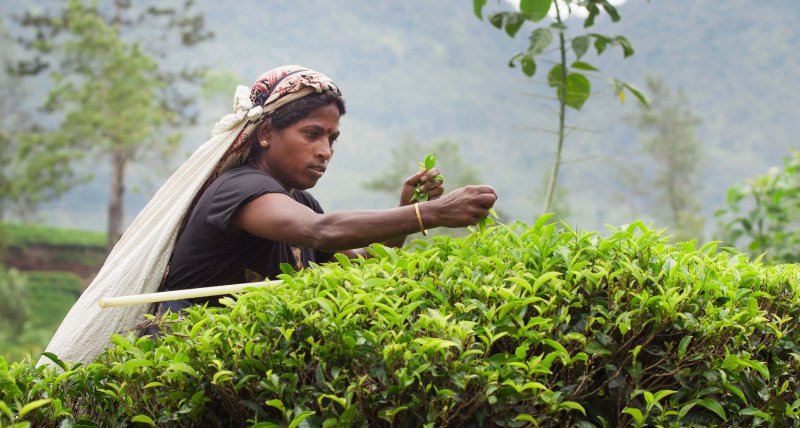In a strongly-worded statement, Sri Lanka’s tea industry stakeholders, including state-run Sri Lanka Tea Board (SLTB) Chairman Rohan Pethiyagoda, called on the policymakers to urgently re-evaluate the arbitrary ban imposed on glyphosate-based weedicides, in light of the overwhelming scientific consensus that the substance is not harmful to human health, most recently confirmed by the risk assessment for glyphosate conducted by the United States Environmental Protection Agency (EPA), in December 2017.
“The Sri Lankan plantation sector and the tea sector in particular are being forced to endure losses of up to Rs.10-20 billion each year that the glyphosate ban remains in place and it is mainly the smallholder plantations which are being deprived of these profits as a result of this extremely damaging policy. Worse still, there has not been a single piece of scientific or factual evidence produced in Sri Lanka to justify the ban,” [Pethiyagoda was quoted as saying in the statement.]
“This is an unstainable position and it is clear that it will cause irreparable harm to our industry if immediate measures are not taken to lift the glyphosate ban.”
…
Pethiyagoda further noted that the ban was also eroding Sri Lanka’s ability to compete in international markets, given that other tea exporting nations that were not hindered by the inability to use glyphosate
Read full, original post: Tea industry stakeholders unite to call for lifting of glyphosate ban































